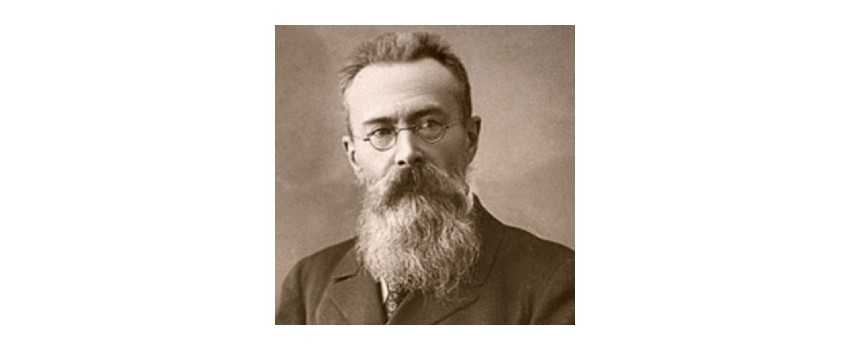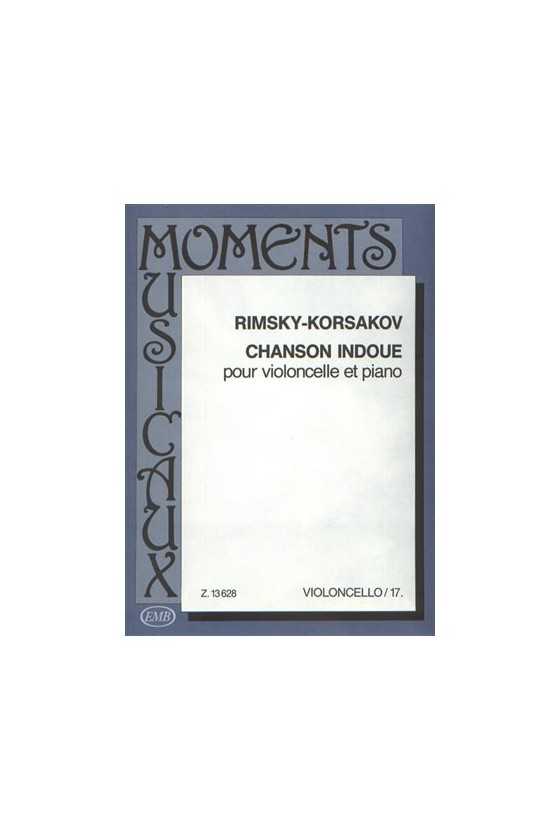Rimsky-Korsakov, Nikolai Andreyevich
Nikolai Andreyevich Rimsky-Korsakov, a prominent composer of the Romantic era, left a lasting impact on the world of classical music. His compositions, including the famous symphony Suite Sheherazade, the Capriccio Espagnol, and the Russian Easter Festival Overture, showcased his talent and creativity. Born on March 6, 1844, in Tikhvin near Novgorod, Rimsky-Korsakov's journey as a musician began at a young age. This article delves into the life and music of Nikolai Andreyevich Rimsky-Korsakov, highlighting his early influences, his works, and his lasting legacy.
Early Life and Influences
Rimsky-Korsakov's early life shaped his musical career and set the stage for his future achievements. At the age of 12, he entered the St. Petersburg Naval Academy, where he not only received a formal education but also discovered his passion for music. Under the guidance of Feodor Kanile, his violin teacher, Rimsky-Korsakov began exploring composition.
In 1861, Rimsky-Korsakov's path intersected with Mili Balakirev, a renowned composer and mentor. Balakirev introduced the young cadet to a community of talented friends, who would provide invaluable support and guidance throughout his career. Rimsky-Korsakov's exposure to this group of musicians influenced his style and pushed him to search for a distinct Russian-based musical language, akin to that of Mikhail Glinka.
Naval Career and Musical Pursuits
Between 1862 and 1865, Rimsky-Korsakov embarked on a naval world tour, serving as a naval officer. Despite his military commitments, he continued to nurture his musical talents. During this period, he composed his Piano Concerto No. 1, which was premiered by Balakirev and his Free Music School ensemble.
Following his return from the world tour, Rimsky-Korsakov decided to leave his naval career behind and focus on his passion for music. He dedicated himself to composition and teaching, recognizing the importance of both technical mastery and musical education. In 1871, he became a music professor at the St. Petersburg Conservatory, where he shared his knowledge and expertise with aspiring musicians.
Teaching and Musical Contributions
As a professor at the St. Petersburg Conservatory, Rimsky-Korsakov played a pivotal role in shaping the future of Russian classical music. He emphasized the importance of harmony, counterpoint, and orchestration, urging his colleagues to strive for excellence in these areas. Rimsky-Korsakov's dedication to teaching led him to write concepts for harmony in 1884 and concepts for orchestration in 1896, providing valuable resources for aspiring composers and musicians.
Rimsky-Korsakov's commitment to education extended beyond the walls of the conservatory. He stood up against the mistreatment of teachers by the police and vehemently condemned their actions. Unfortunately, these tensions resulted in the closure of the conservatory. However, it eventually reopened on a more autonomous basis, with Rimsky-Korsakov as the head of orchestration.
Musical Style and Legacy
Rimsky-Korsakov's music was characterized by its vibrant orchestral color and captivating "orientalisms." His compositions often incorporated elements of Russian folklore and exotic influences, creating a unique and distinctive sound. His extensive body of work included numerous orchestral pieces, 15 operas, and a substantial amount of chamber and vocal music.
One notable aspect of Rimsky-Korsakov's compositions is their divisibility. Certain sections of his works can be used independently as concert pieces or as a background for other performances. This versatility contributed to his widespread acclaim and popularity.
On June 21, 1908, Nikolai Andreyevich Rimsky-Korsakov passed away, leaving behind a remarkable musical legacy. His emphasis on technical mastery as the pathway to musical legitimacy continues to be cherished and preserved in Russia. His contributions to Russian classical music and his influence on future generations of composers solidify his place in the pantheon of great musical minds.
Conclusion
Nikolai Andreyevich Rimsky-Korsakov's life and music have left an indelible mark on the world of classical music. From his early influences and naval career to his teaching and musical contributions, Rimsky-Korsakov's journey exemplifies dedication and passion. His compositions, with their vibrant orchestral color and unique style, continue to captivate audiences to this day. Rimsky-Korsakov's legacy serves as a testament to the power of music and the enduring impact of a true musical genius.



